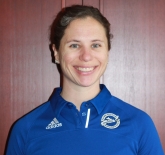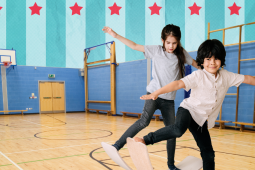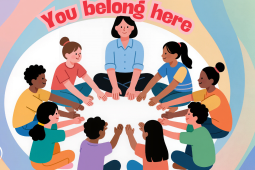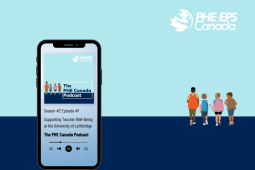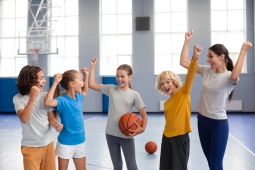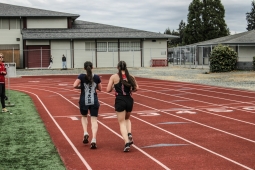Back to School - Your Brain on PE

Back to School - Your Brain on PE
Our school year is well under way, and most have likely found that familiar rhythm and groove that we move through our teaching days with. What you may not recognize daily is a large, powerful tool we all possess that creates this wonderful dance we partake in each year: your brain on PE. Whether you are in your first, tenth, or last year of teaching, your brain on PE has such great potential to create success for the students we teach every day.
I write this as I spend some time at home with my 5-month-old son. While basking in the days and excitement of being a new parent, I still find myself mentally aware and attuned to the world of physical education, keeping my eyes and ears open to what is happening and developing. It has led me to wonder: what does my brain on PE look, act, and feel like?
Reflect: how to continue delivering a quality physical education program?
"Maybe you were enjoying a summer day at the beach with family and friends, and you saw a fun game being played by others close by. You joined in, found the excitement in the game, and quickly started thinking about how it could be meaningfully incorporated into your program."
This new experience of not being in school, teaching the first days of the year, led me to wonder if my brain is on PE all of the time; just sometimes playing distantly in the background? Absolutely! You may have experienced this as well. Maybe you were enjoying a summer day at the beach with family and friends, and you saw a fun game being played by others close by. You joined in, found the excitement in the game, and quickly started thinking about how it could be meaningfully incorporated into your program. Many can relate to scanning Twitter, finding a video of an activity posted by another PE teacher, and wondering how soon you can include it in your program. I found myself doing exactly this when PHE Canada released their Move Think Learn Football program. Conveniently, my return from parental leave lines up well with my planned Territory Games unit (using the Teaching Games for Understanding model) in the spring, and I am excited to include this in my program.
The newness of a school year in the fall comes with some reflection on your PE programming. The transition back to the Monday-to-Friday teaching schedule, a new group of students, a fresh, fall feeling is all around. Do you stick with your tried-and-true practises in assessment and program delivery? Do you try to shake things up? What school and district goals are set, and how can you meaningfully incorporate them into your program? While the proverbial wheel does not need to be reinvented, it is helpful to review and fine-tune your program to ensure it is of quality, and meeting the needs of your learners. Similar to tuning your bicycle, or having your vehicle taken in for maintenance, this process is a healthy way to continue delivering a quality physical education program throughout your career.
Re-focus: what keeps you going? / what helps you grow?
"Continuous reflection, whether formally through performance appraisal programs with your employer, or informally through internal dialogue throughout each lesson or unit delivered, can help to keep things fresh, current, and of best practise . "
Staying connected, whether virtually or in person, is a helpful way to keep the wheels turning and program delivery of high quality throughout your career. Continuous reflection, whether formally through performance appraisal programs with your employer, or informally through internal dialogue throughout each lesson or unit delivered, can help to keep things fresh, current, and of best practise. Connection through professional development can play a large role in the continuous refinement of a quality physical education program. What opportunities do you have to engage in PD throughout the year - site based, provincially, nationally? Many provinces host a conference for phys-ed annually, and PHE Canada partners with a provincial body to host a national conference (next upcoming on Prince Edward Island, April 29-May 2, 2020). One of the many great things about attending a national conference is that is provides an opportunity to recharge, reflect, and reconnect with colleagues and friends from across the country, and beyond! I may be biased since I hail from the East Coast, but the Maritimes do have some delicious seafood and beautiful sites to see, any time of the year!
Recharge: what helps you refuel?
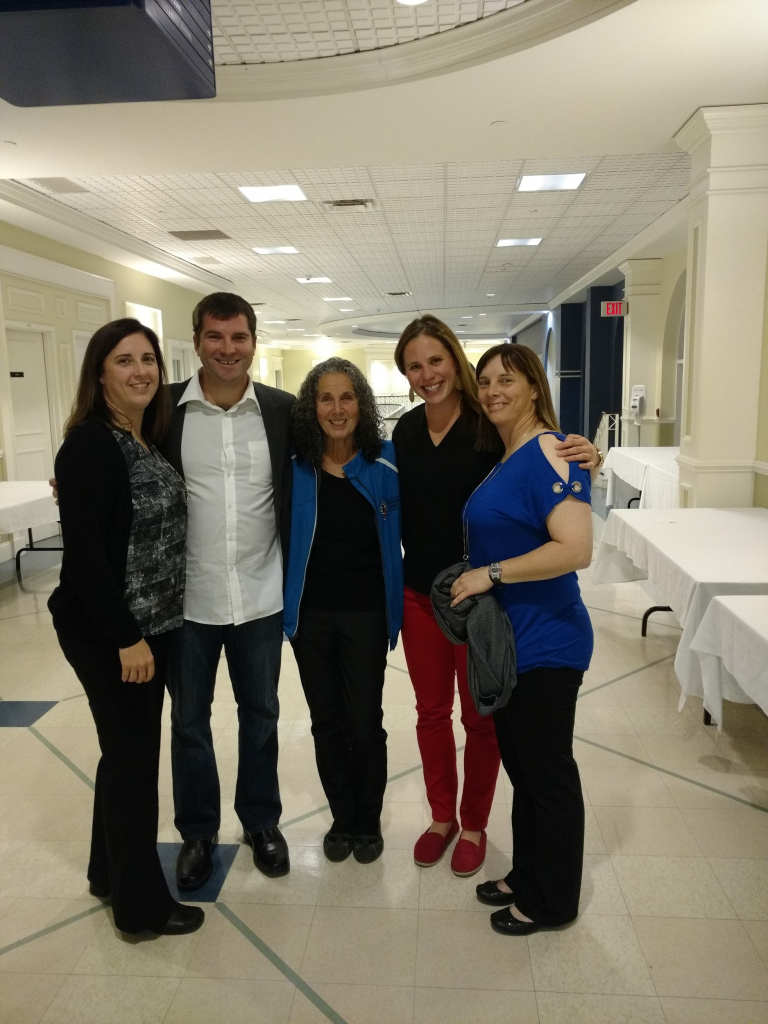
Like the balance required to ride a bicycle, our professional and personal lives require the same. I am a large supporter of professional as well as personal wellness. Self care can help you be the best version of you for others both in and out of your classroom. The reflective questioning we engage in with our phys-ed programming is also helpful for our personal lives. Am I sticking with the same routine? Does it work for me and my wellness? What areas of my personal life can I focus on to become more balanced? The importance and value of enjoying physical activity for a lifetime is a wisdom we hope to instill in our students. We recognize its importance and value in our lives, and it is a great reminder to ensure we stay active to keep ourselves well. Teacher burnout is a reality many of us have or will experience, so attempts to stay ahead of it will be of great benefit to us personally, and as mentioned previously, to those in our personal and professional lives. Personally, I enjoy getting in to my gym for a hard working session or a nice walk outdoors with my family. What helps you refuel?
Your brain on PE is such a powerful tool and resource to continuously call on throughout your career. An object in motion will remain in motion; keeping our PE wheels moving will help us stay current in our practises, delivering quality physical education programming to our diverse group of learners. Self-reflection and a focus on personal and professional development even in small ways can reap large benefits. How can you grow in these areas this school year? I hope we can cross paths on PEI in April, or through another opportunity to connect and converse.

